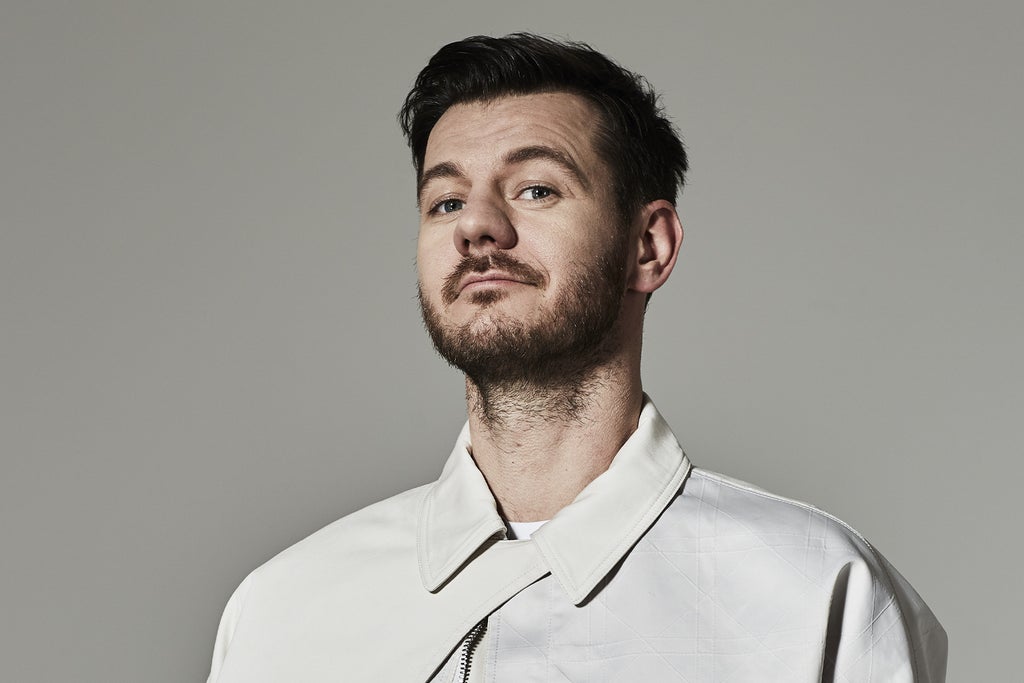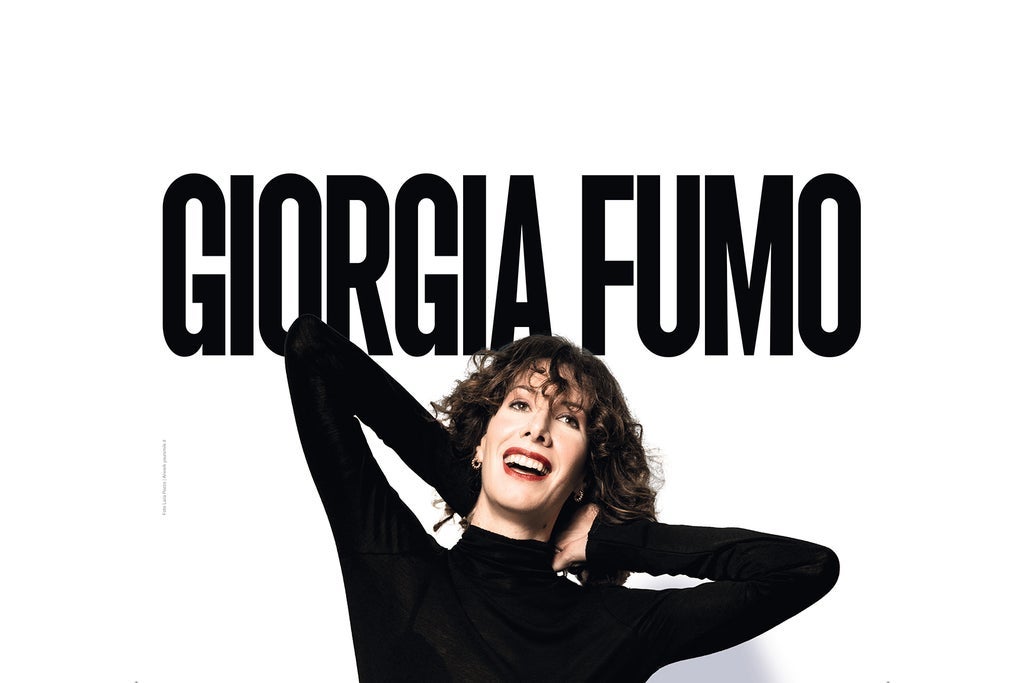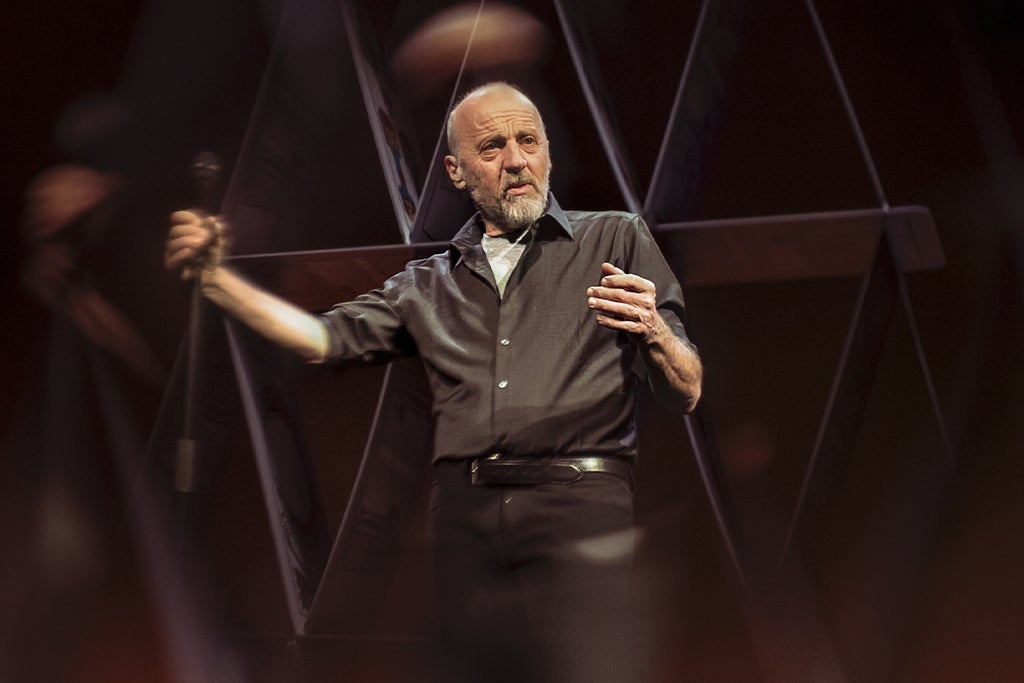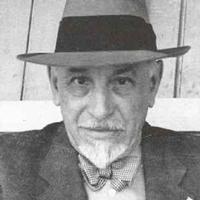“In 1929, the year in which Tonight we improvise was born – writes Federico Tiezzi -, Europe was devastated by a terrible economic crisis. In Germany - a true situation although it looks like a scene straight out of a pièce by Brecht - citizens went to buy bread with bags of almost worthless Deutsche marks. Overseas, Wall Street was crumbling. Pirandello’s text does not speak of this: but it moves against that backdrop, with that sound in the background. The text was based, as is the case for many other works by Pirandello, on a short story entitled Leonora addio! from 1910 which tells of Mommina enamoured with Verdi’s Trovatore and held prisoner by her husband Rico Verri’s jealousy. The true subject of the pièce however is the unpredictability of that which happens on stage when rehearsals for a play begin and a director/creator enters into conflict with the actors/creatures, so much so as to form the objective correlative in various scenes. The actors are insects which the director entomologist studies under a magnifying glass. The nature of Tonight we improvise allows its theatrical interpretation as a great treatise on directing, a theatrical ‘system of systems’, a paper on diverse directorial functions. Many theatres are in fact to be found within this text: the theatre of Brecht, naturalistic theatre (and the two come to blows), farce, sentimental drama, opera, (and the operatic references continue in the plot). In the third part one even catches a glimpse of the theatre of the poetry of Eliot and Pasolini.
“Tonight we improvise” is the third work in the trilogy of so –called theatre in theatre. But, while in the first two works of the Trilogy - Six characters, and Each in his own way - the theatricality is conceived as an attempt for salvation with respect to life, in Tonight the theatre is an illusion which is swept away. Life reclaims its space. If theatre tries to stylise it, it is countered. Theatre falls silent. The text in the end reveals its Bergman-like cry, a massacre; even reasoning becomes painful. The play wants to appear as a scientific treatise. Hinkfuss, the director magician against who the actors are rebelling, composes a mathematical treatise on directing, conceived as an act which opens wounds within the pièce and within the theatre. A kind of 18th century Galileo who writes on the blank page of the stage his scientific treatise on what the theatre and directing is… One of the characteristics of Tonight we improvise is the deconstruction of language, the shattering of phrases, the obstacle of the period, the explosion of syntax: in all of this I see a special illness of the characters, a reflection of the economical and social crisis which has shattered the world since the 1920s. A social, economical and linguistic universe on the brink of disaster, of aphasia”.
Cast and Creative team for Tonight we improvise at Piccolo Teatro Grassi
dramaturgy by Sandro Lombardi and Federico Tiezzi
directed by Federico Tiezzi
Sets by Marco Rossi, costumes by Gianluca Sbicca and Giovanna Buzzi, lighting by Gianni Pollini
With (in alphabetical order) Valentina Cardinali, Nicola Ciaffoni, Francesca Ciocchetti, Francesco Colella, Elisa Fedrizzi, Elena Ghiaurov, Gilberto Giuliani, Luigi Lo Cascio, David Meden, Sandra Toffolatti, Massimo Verdastro, Marouane Zotti (cast to be defined)
Videos

|
Alessandro Cattelan - Benvenuto nell’AI! - Posti Riservati Mastercard
Teatro Brancaccio (10/16 - 10/16) | |

|
Arturo Brachetti - Solo
Gran Teatro GEOX (5/24 - 5/24) | |

|
Alessandro Cattelan - Benvenuto nell’AI!
Teatro Colosseo di Torino (9/30 - 9/30) | |

|
GIORGIA FUMO - Vita Bassa
Teatro Clerici (ex Gran Teatro Morato) (5/15 - 5/15) | |

|
Paolo Cevoli - Figli di Troia
Gran Teatro GEOX (5/16 - 5/16) | |

|
Marco Paolini - BOOMERS
Gran Teatro GEOX (4/10 - 4/10) | |
| VIEW SHOWS ADD A SHOW | ||
Recommended For You



